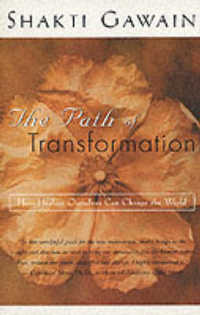Full Description
Religious, philosophical, and theological views on the self vary widely. For some the self is seen as the center of human personhood, the ultimate bearer of personal identity and the core mystery of human existence. For others the self is a grammatical error and the sense of self an existential and epistemic delusion. Buddhists contrast the Western understanding of the self as a function of the mind that helps us to organize our experiences to their view of no-self by distinguishing between no-self and not-self or between a solid or 'metaphysical' self that is an illusion and an experiential or psychological self that is not. There may be processes of 'selfing', but there is no permanent self. In Western psychology, philosophy, and theology, on the other hand, the term 'self' is often used as a noun that refers not to the performance of an activity or to a material body per se but rather to a (gendered) organism that represents the presence of something distinct from its materiality. Is this a defensible insight or a misleading representation of human experience? We are aware of ourselves in the first-person manner of our ipse -identity that cannot fully be spelled out in objectifying terms, but we also know ourselves in the third-person manner of our idem -identity, the objectified self-reference to a publicly available entity. This volume documents a critical and constructive debate between critics and defenders of the self or of the no-self that explores the intercultural dimensions of this important topic.








